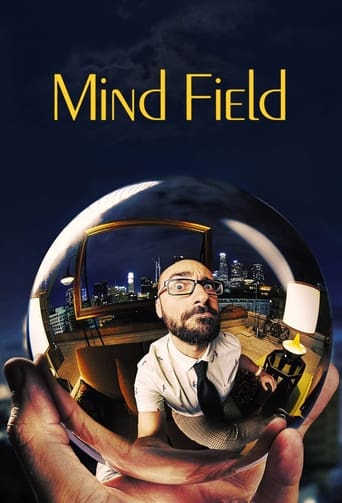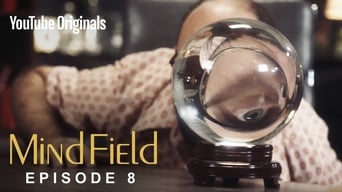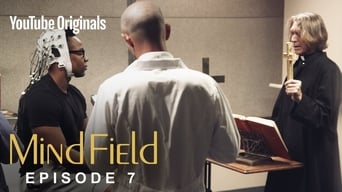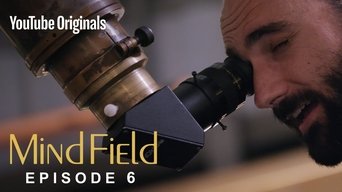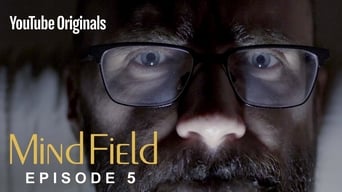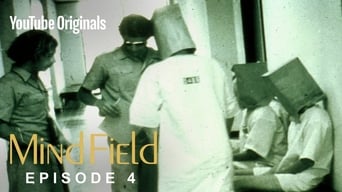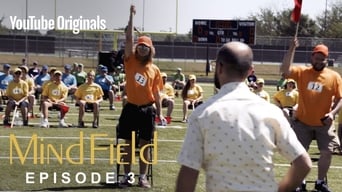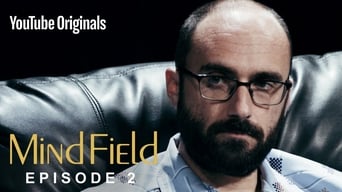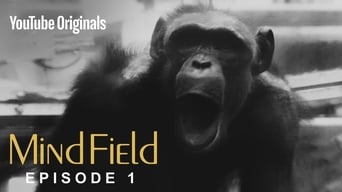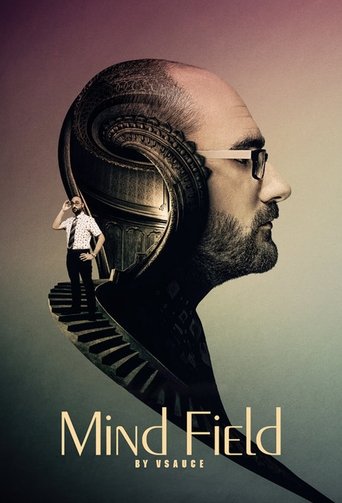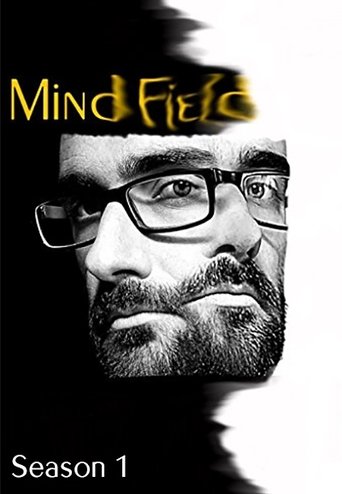Mind Field Season 3
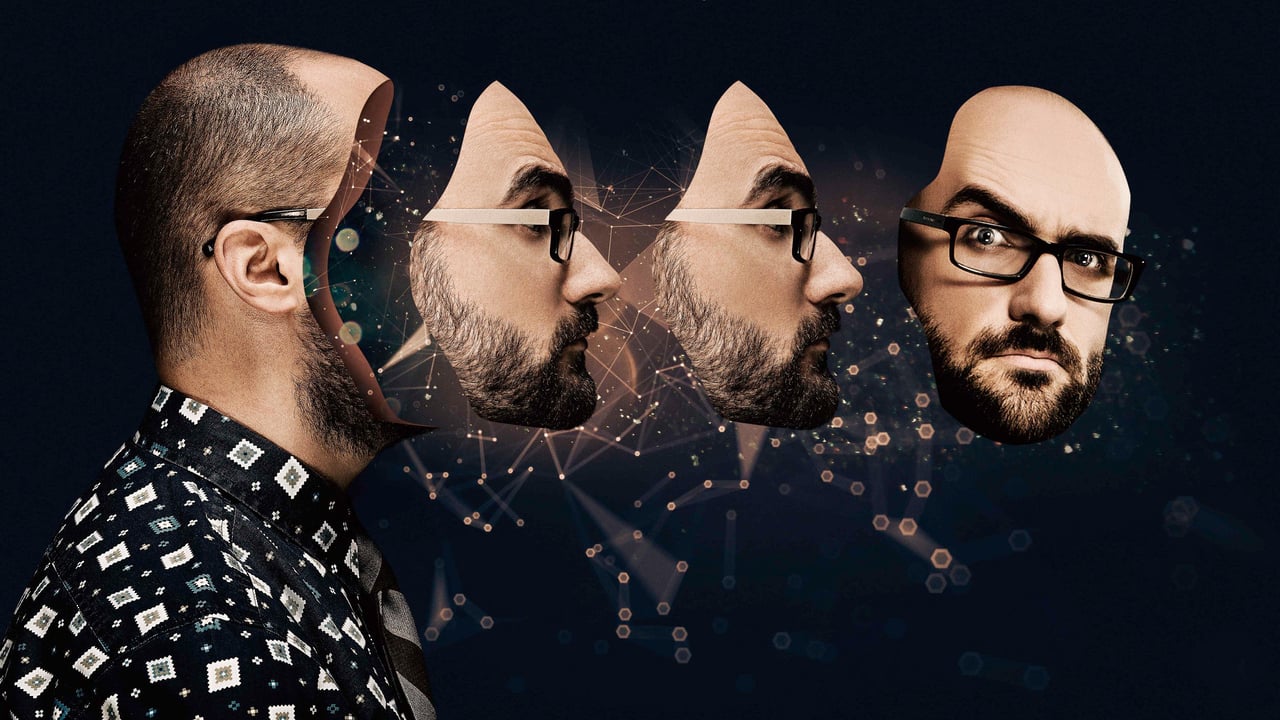
Explore the surprising things we know (and don’t know) about why people are the way they are through expert interviews, rare footage from historical experiments, and brand-new, ground-breaking demonstrations of human nature at work.
Watch NowWith 30 Day Free Trial!
Mind Field
2017 / TV-14
In the third season of Mind Field, creator/host Michael Stevens continues his never-ending quest to uncover the inner workings of the human mind. With unprecedented access to leading universities and researchers who are turning science fiction into science fact, Michael travels farther than he ever has before, designing demonstrations which put theories to the test in the real world.
Watch Trailer
With 30 Day Free Trial!
Mind Field Season 3 Full Episode Guide
In this episode I visit a researcher who is studying memory by using machine learning and neuroimaging to detect and predict people's brain states. I also travel to Japan to meet with a team working on ways to record the content of peoples’ dreams.
How can a lie become true? In this episode, Dr. Aaron Blaisdell and I create a game show that is actually a giant "human Skinner Box" to observe the formation of superstitious beliefs. And Dr. Samuel Veissière helps me design and perform a placebo reverse exorcism, harnessing the power of belief in both science and religion to convince normal people that a spirit has possessed their bodies.
Are we alone in the universe? Even if we could contact aliens, what would we say? How would we say it? And, most importantly, should we even be trying to make contact at all? This episode takes me on a journey to compose and send my own personal message into outer space.
If I could live forever, should I? How does being reminded of our own mortality affect us psychologically? In this episode I speak with mortician and death positivity activist Caitlin Doughty and visit a cryonics facility trying to extend human life indefinitely. Will I take them up on their offer, or will I choose to die?
Normal people can become monsters, given the right situation. That’s the standard narrative of the Stanford Prison Experiment, one of the most famous psychological experiments of all time. But what if the cause of its participants’ cruel behavior wasn’t what we’ve always been told?
There are 100 billion individual neurons in the human brain. Working together, they allow us to make sense of, and move through, the world around us. Scientists have built replicas of the human brain with computers, but no one has ever successfully made a brain out of humans. On this episode, Michael Stevens travels back to his hometown of Stilwell, Kansas, and turn it into a working brain!
How are our moral decisions influenced by factors we’re not aware of? A phenomenon known as Moral Licensing claims that when we do something good, we often subconsciously allow ourselves to then do something bad. In this episode, Michael Stevens takes a look at whether those who donate money to charity become more likely to let a kid take the blame for a crime they know they committed.
Humans are the only Earthlings with complex language. But at what cost was that ability acquired? In this episode, Michael Stevens visit Tetsuro Matsuzawa to learn about his influential cognitive tradeoff hypothesis.
Free Trial Channels
Seasons


